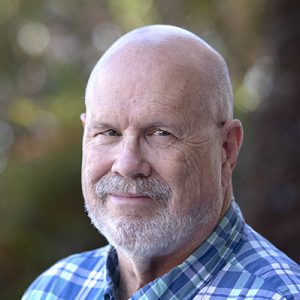“The only thing constant is change”—Heraclitus of Ephesus (c. 500 BC)
I suppose many of us have heard that quote before, or some variation. And yes, Heraclitus was from the same Ephesus that Paul wrote one of his letters to. But he lived about 500 years before Paul. So what was going on in Israel at that time?
Well, Judah was hauled off to Babylon, and Daniel served in King Nebuchadnezzar’s court. So I wonder if this pagan king would’ve agreed with Heraclitus? Probably not. After King Nebuchadnezzar spent some time out in the woods acting like an animal because of his pride (read Daniel chapter 4), which apparently lasted for years, Daniel recorded this about King Nebuchadnezzar:
“After this time had passed, I, Nebuchadnezzar, looked up to heaven. My sanity returned, and I praised and worshiped the Most High and honored the one who lives forever. His rule is everlasting, and his kingdom is eternal. All the people of the earth are nothing compared to him. He does as he pleases among the angels of heaven and among the people of the earth. No one can stop him or say to him, ‘What do you mean by doing these things?’” (Daniel 4:34-35) .
Having a rule that is everlasting and a kingdom that is eternal pretty much means that change isn’t an issue for God. Other passages speak to the unchanging nature of God:
- “Before the mountains were brought forth, or ever you had formed the earth and the world, from everlasting to everlasting you are God” (Psalm 90:2).
- “Of old you laid the foundation of the earth, and the heavens are the work of your hands. They will perish, but you will remain; they will all wear out like a garment. You will change them like a robe, and they will pass away, but you are the same, and your years have no end” (Psalm 102:25-27).
- “I am the LORD and I do not change” (Malachi 3:6).
- “Jesus Christ never changes! He is the same yesterday, today, and forever” (Hebrews 13:8).
- “‘I am the Alpha and the Omega—the beginning and the end,’ says the Lord God. I am the one who is, who always was, and who is still to come—the Almighty One’” (Revelation 1:8).
The theological term for God’s unchanging and everlasting nature is immutability. And that obviously is one attribute that we do not share with Him. But what does it have to do with us? More on that, next time.





